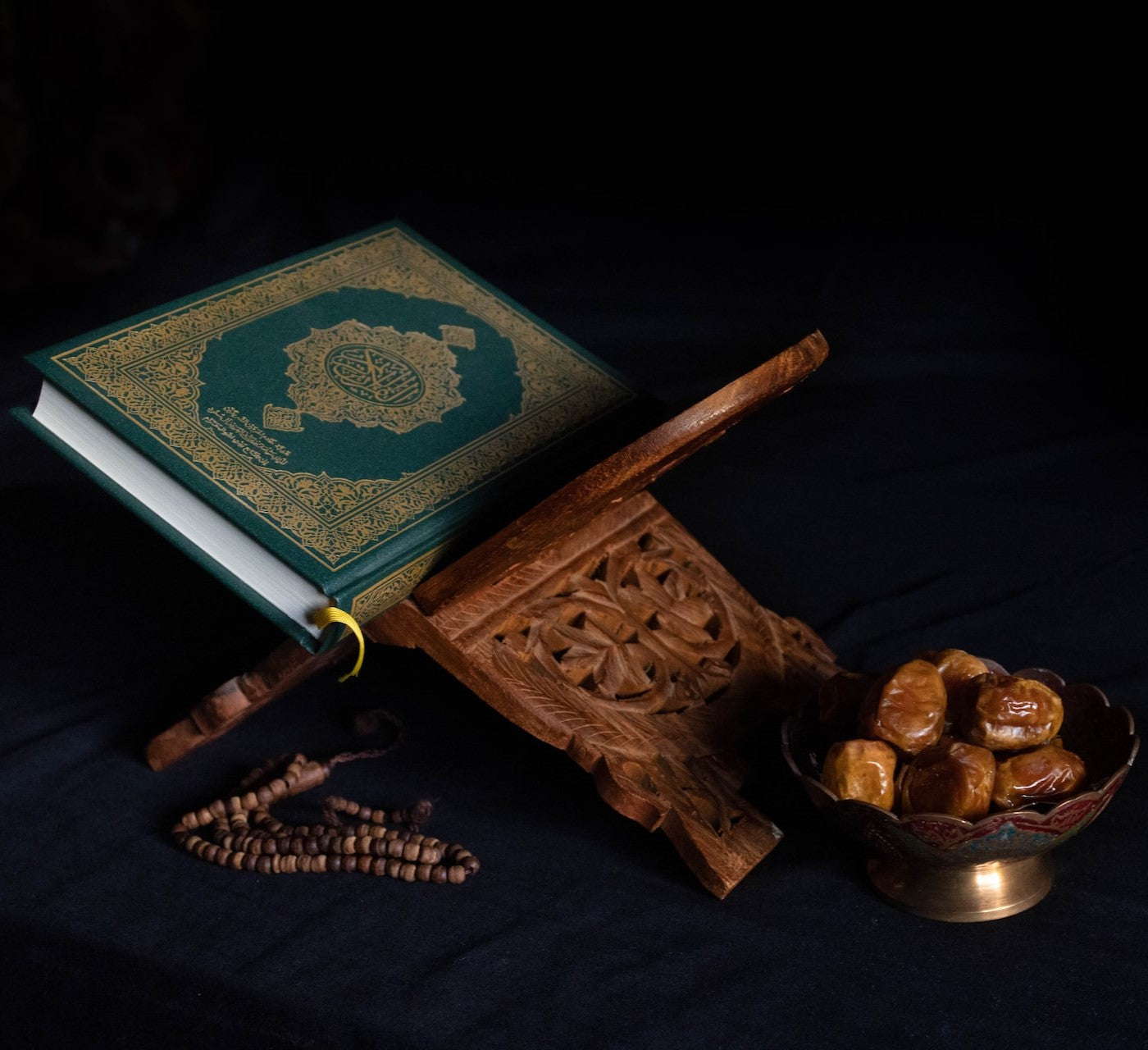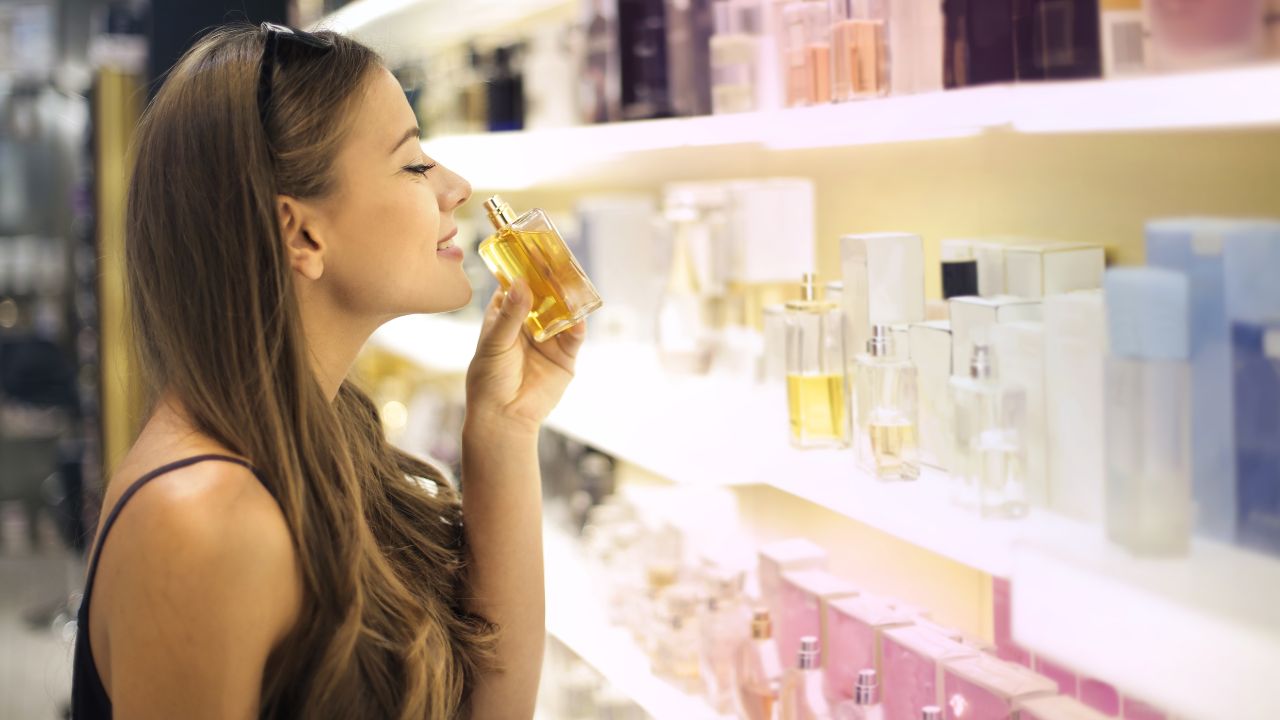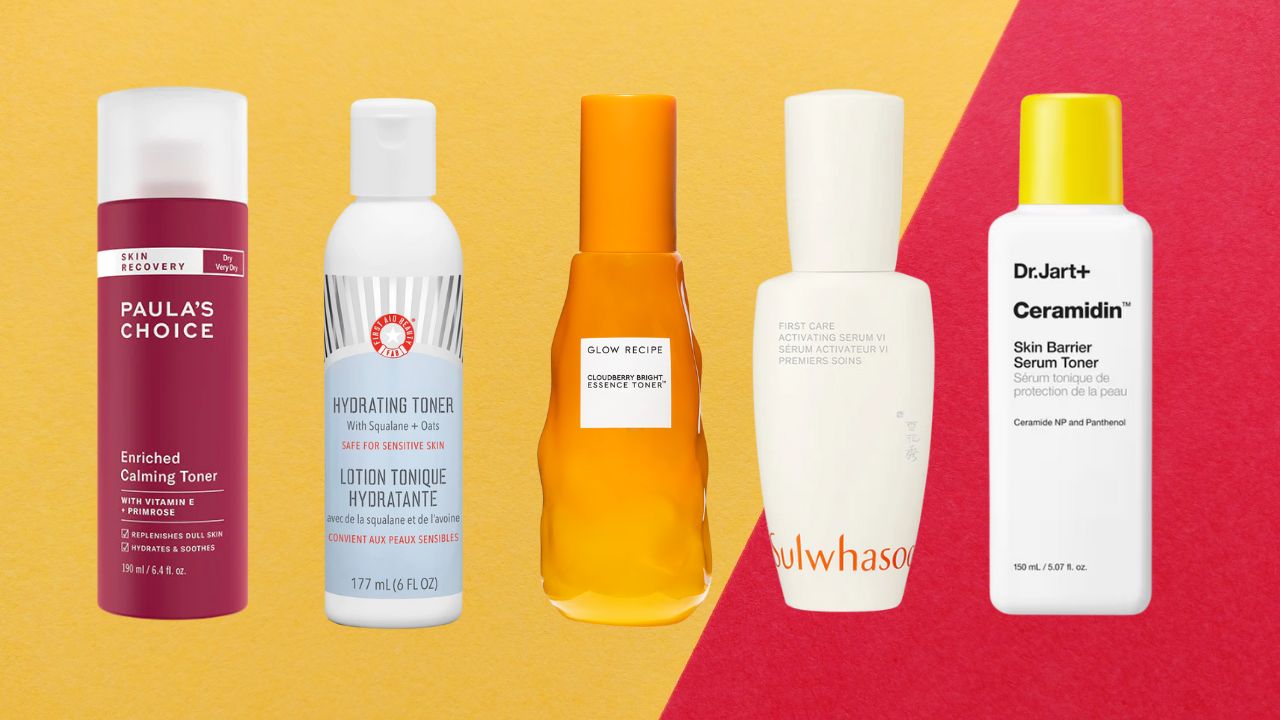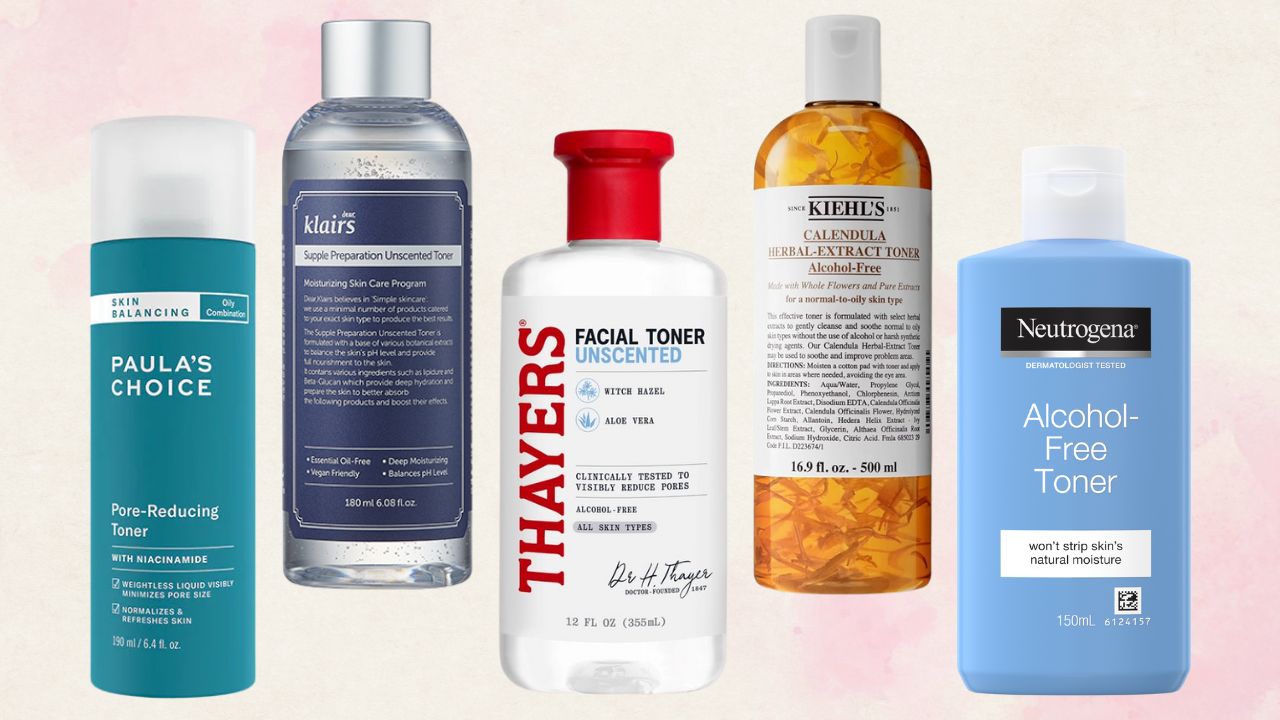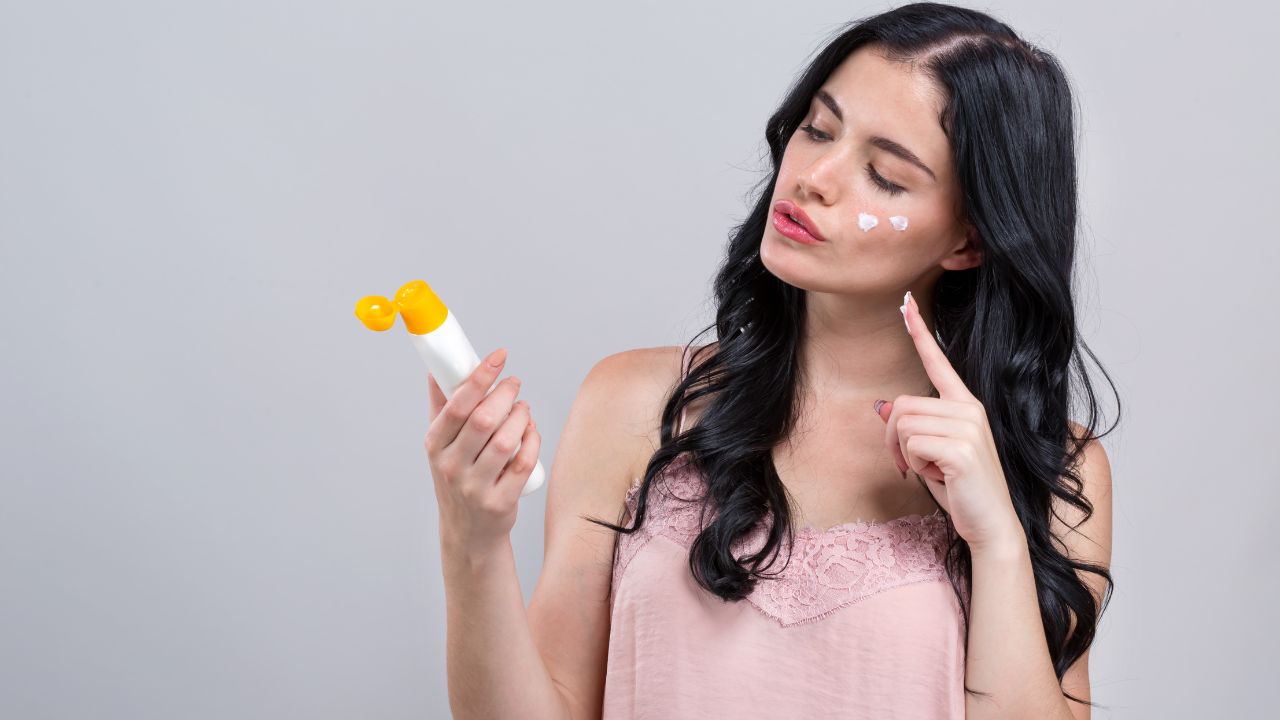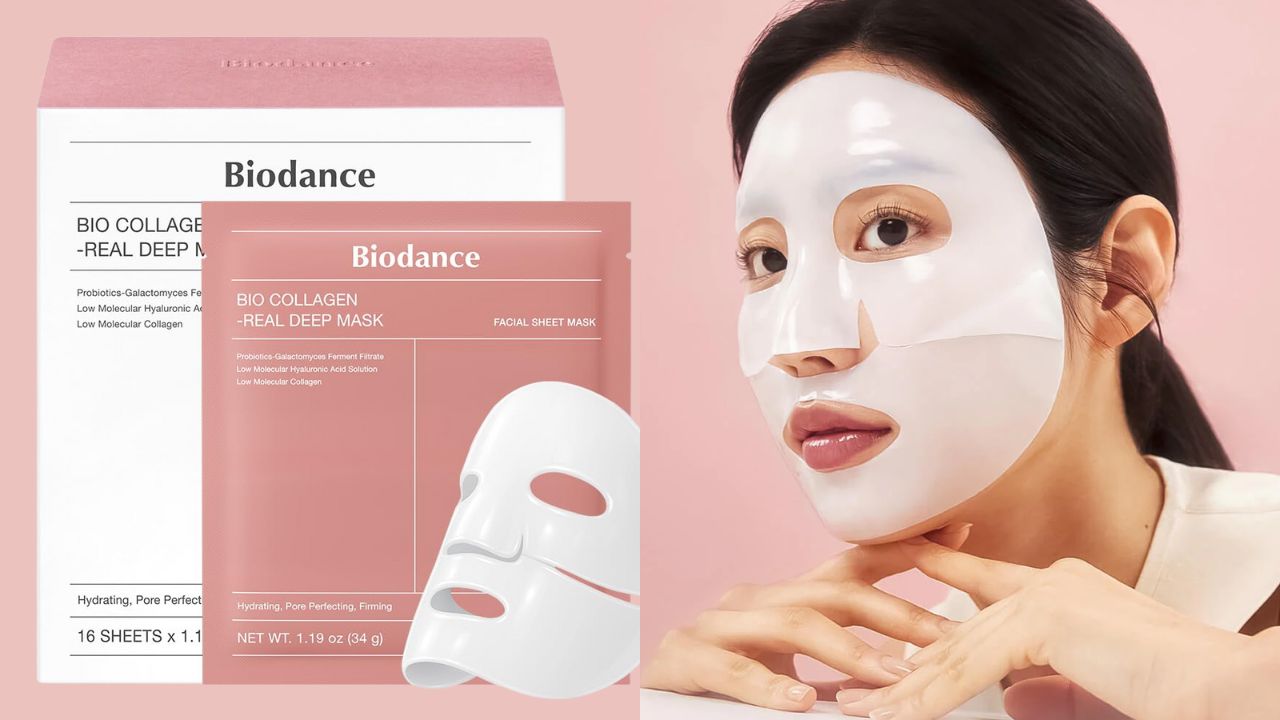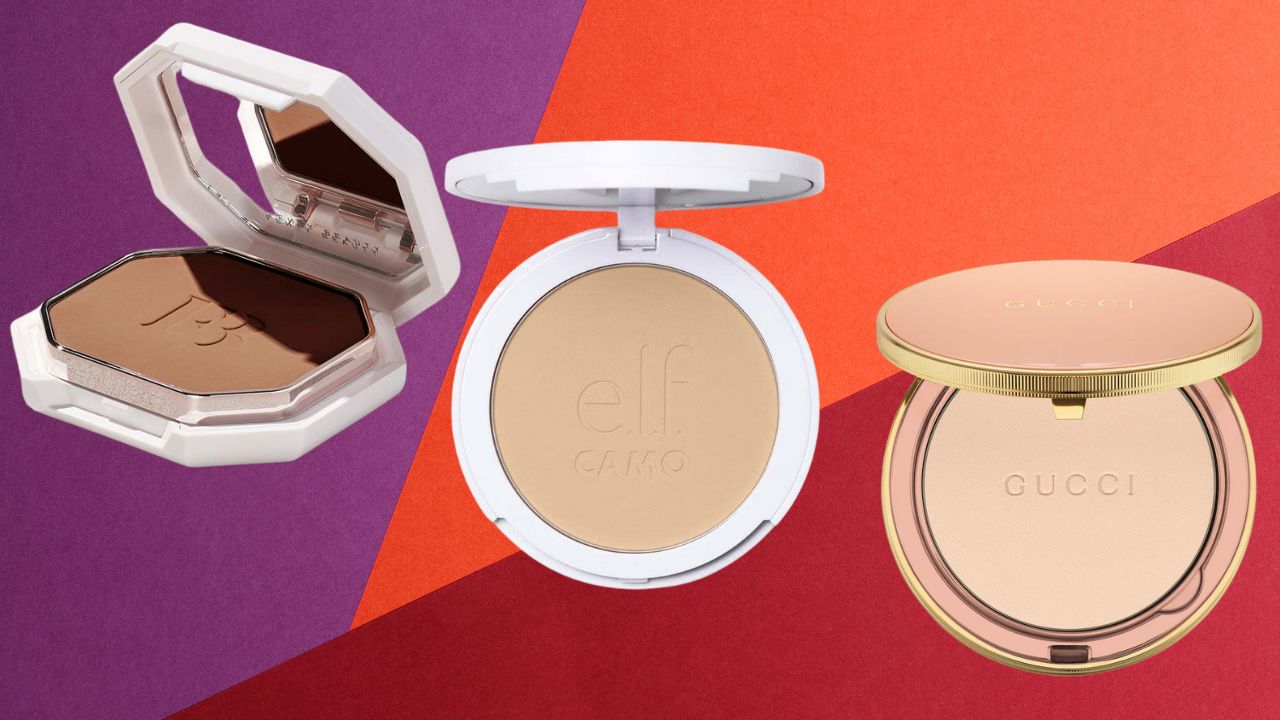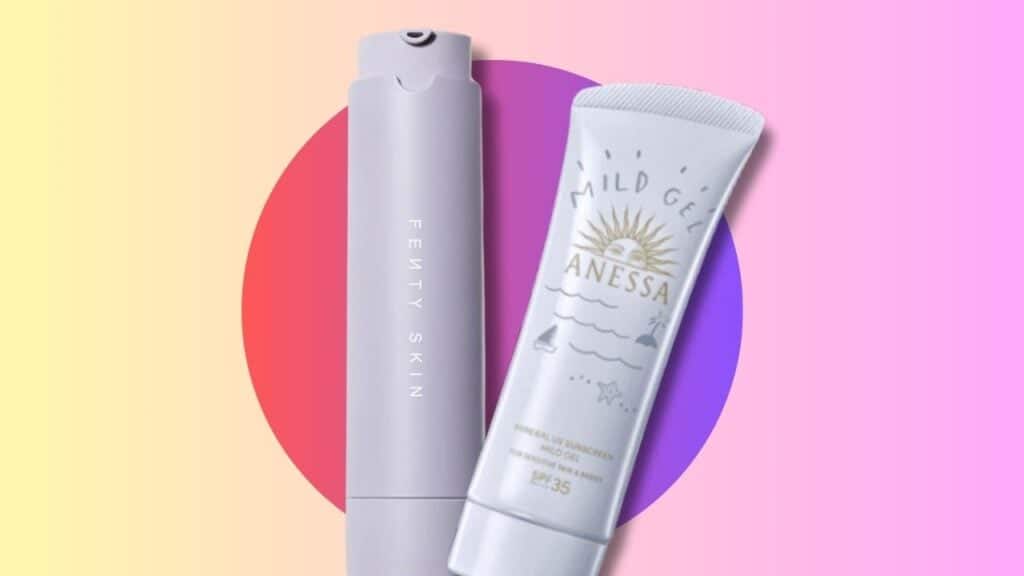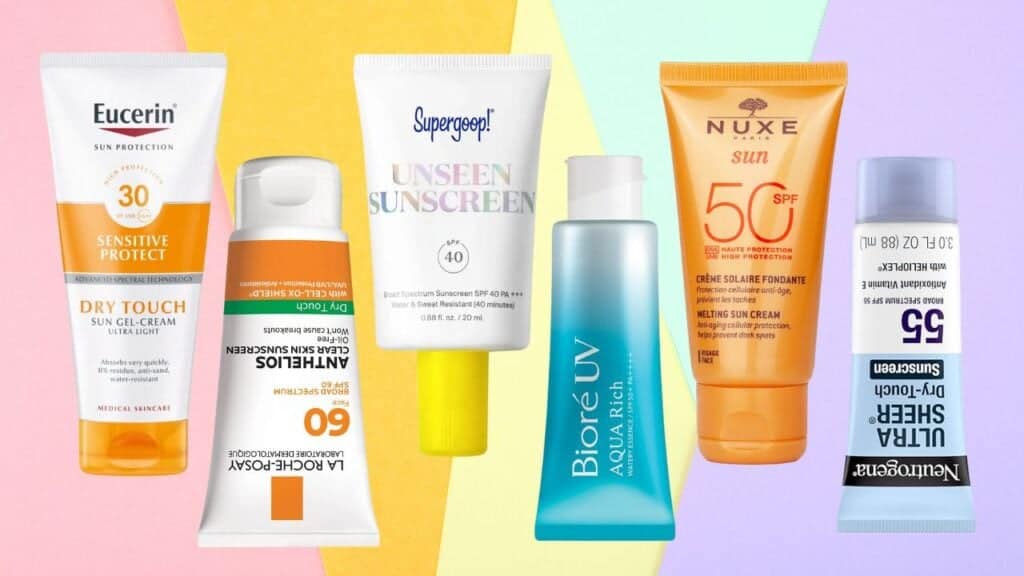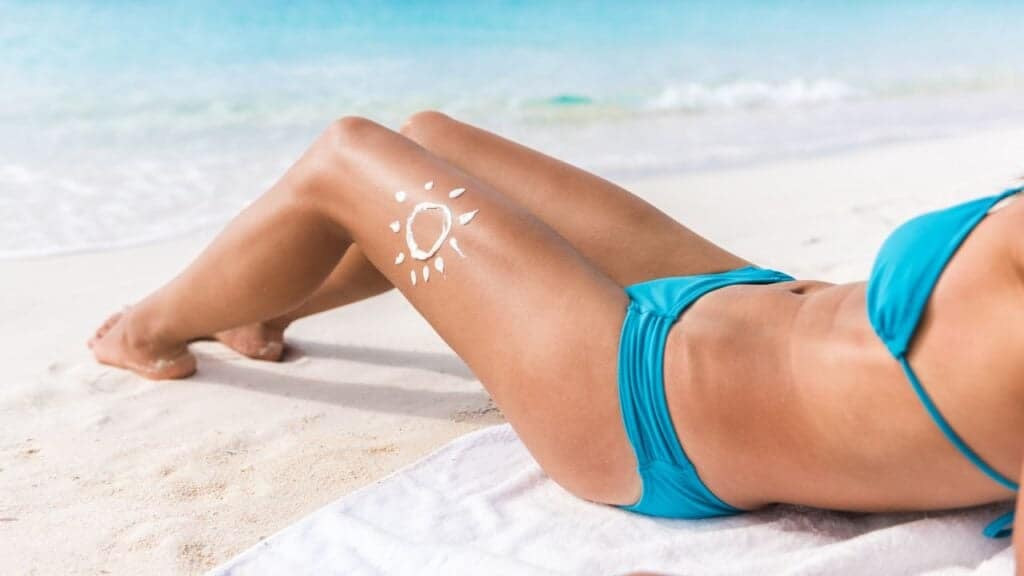Blog
Home / Perfume Stories / Is Perfume Halal or Haram?
Categories
Recent Posts
- Black Friday vs Cyber Monday: Which Day Has the Best Beauty Deals?
- Top 10 Black Friday Skincare Essentials Worth Buying This Year
- How to Choose the Perfect Perfume This Black Friday Season: Your Ultimate Guide
- 10 Best Toners for Dry Skin in 2025: Expert Reviews & Hydration Guide
- Top 10 Best Toners for Combination Skin in 2025: Tested and Reviewed
Is Perfume Halal or Haram?
Perfumes are universally beloved for their aesthetic and utilitarian value. However, if you are a follower of the Islamic faith, you may be unsure whether you are permitted to use fragrance. We are here to clear up your doubts.Before we dive into the question of whether perfumes are halal or haram, let us understand these terms first. While halal refers to anything that is permissible in Islam, haram is used to label unlawful items and practices as deemed by the religion.
Are perfumes permitted in the Islamic faith?
Fragrances and cosmetics have long been considered staples in the Islamic community because the religion places importance on grooming and cleanliness. The Prophet reiterated that purification is a valuable religious practice. In fact, wearing perfume is a Sunnah of the Prophet. Thus, perfumes are not barred for Muslims. However, there are certain things that one should take into consideration in this regard.Pure perfume oils or attars are unconditionally lawful in Islam. The primary reason why modern-day designer and niche perfumes present such a dilemma is that they tend to boast a combination of scented oils and alcohol carriers. The concentration of the fragrance determines the alcohol content, which can vary between 20-80%. Since the consumption of alcohol is considered haram in Islam, usage of such perfumes fall in a grey area.Here’s the good news. Various scholars have reiterated that the alcohol used in perfumes is considered “pure” because it is created artificially in a lab with the help of chemical distillation process. Drinking alcohol usually undergoes a natural fermentation process that makes it fit for consumption.Perfumers alcohol contains denatured ethanol, isopropyl myristate and monopropylene glycol. The composition facilitates fast absorption of the concentrated fragrance oil and evaporation of the alcohol. Thus, perfumers’ alcohol cannot be consumed for intoxication, orally, topically, or otherwise. Its only purpose is to improve the performance of commercial fragrances. Hence, perfumes are considered halal. Hand sanitizers and rubbing alcohol are also allowed since they serve a medical purpose. Some scholars maintain that if alternatives are available, it is better to avoid perfumes with higher alcohol concentration than 10-20%. Fragrance oils and perfumes with less than 5% alcohol content can always be used without any cause for concern.
Related posts
Black Friday vs Cyber Monday: Which Day Has the Best Beauty Deals?
The holiday shopping season brings two heavyweight contenders battling for your beauty budget: Black Friday and Cyber Monday. But here'...
Top 10 Black Friday Skincare Essentials Worth Buying This Year
Black Friday has evolved from a single-day shopping frenzy into the ultimate opportunity to stock up on premium skincare without breaki...
How to Choose the Perfect Perfume This Black Friday Season: Your Ultimate Guide
Black Friday represents the golden opportunity to invest in luxury fragrances at unprecedented prices. But with thousands of perfumes a...
10 Best Toners for Dry Skin in 2025: Expert Reviews & Hydration Guide
Dry skin can feel like a constant battle—that uncomfortable tightness after cleansing, the flaky patches that ruin your makeup, and that perpetual thirsty feeling no matter how much moisturizer you slather on. This comprehensive guide features the 10 best face toners for dry skin that dermatologists recommend and real users love, plus expert advice on how to choose a toner for dry skin that transforms your routine from frustrating to effective.
Top 10 Best Toners for Combination Skin in 2025: Tested and Reviewed
A good toner for combination skin does more than just refresh—it regulates oil production in greasy areas while delivering hydration to dry patches, minimizes the appearance of pores without over-drying, balances your skin's pH after cleansing, and prepares your complexion to absorb serums and moisturizers more effectively. The right combination skin toner acts as a sophisticated problem-solver that addresses multiple concerns simultaneously without compromising either zone.
Does Sunscreen Expire? Here’s What You Need to Know for Optimal Protection!
The short answer: yes, sunscreen does go bad, and relying on an expired bottle is like using an umbrella full of holes — it might offer some coverage, but not enough to keep you protected. Over time, heat, light, and exposure to air break down sunscreen’s active ingredients, making them less effective at blocking harmful UV rays. Using expired sunscreen can leave your skin vulnerable to sunburn, premature aging, and even long-term damage.
The K-Beauty Game Changer: Is the Viral Biodance Bio-Collagen Real Deep Mask Worth the Hype?
Okay, beauty lovers, let’s talk about something that’s taken the skincare internet by storm. You’ve seen the videos, you’ve scrolled past the jaw-dropping transformations: the Biodance Bio-Collagen Real Deep Mask. This isn’t just another sheet mask; it’s a Korean collagen mask that promises to melt into your skin, leaving it plump, dewy, and practically poreless. Sounds like magic, right?
10 Best Powder Foundations for Oily Skin: Shine-Free, Smooth & Stunning Picks (2025)
If you've ever dealt with the struggle of makeup sliding off your face by lunchtime, looking greasy in photos, or requiring constant touch-ups throughout the day, it's time to make the switch. Powder foundations for oily skin are formulated specifically to combat shine, control oil production, and provide long-lasting coverage that stays put from morning meetings to evening events. Whether you want barely-there natural coverage or full glam that photographs beautifully, there's a mattifying powder foundation out there waiting to be your holy grail.
Should You Wear Sunscreen Every Day, Even in Winter or Indoors? Science Says YES!
Most people associate sunscreen with sweltering beach days, tropical vacations, and that one time they forgot to reapply and turned into a human lobster. But what if we told you that sunscreen isn’t just a summer essential? That’s right. Wearing SPF daily—even in winter or indoors—isn’t just a skincare trend; it’s a dermatologist-approved non-negotiable. If…
We’ve Tested Over 30 Mineral Sunscreens: These 2 Are the Best – Fenty Hydra Vizor & Shiseido Anessa
If you’ve ever tried mineral sunscreen, you know the struggle. Some feel like cement on your face, others leave you looking like a ghost auditioning for a horror movie, and a few even pill into tiny, annoying flakes the second you apply makeup. After months of slathering, blending, squinting at ingredient lists, and exposing ourselves…
Top 10 Oil-Free, Non-Greasy Sunscreens for Your Face: Say Goodbye to Shine!
Sunscreen is the ultimate skincare non-negotiable—no matter your skin type. But if you have oily, combination, or acne-prone skin, you know the struggle of finding a formula that won’t leave you looking like a glazed donut by noon. Even dry and sensitive skin types often prefer lightweight, non-greasy, breathable formulas that won’t clog pores. So,…
Does Sunscreen Prevent Tanning? Understanding Its Role & How to Tan Safely
Let’s cut through the myths and dive into exactly what sunscreen does, how it truly affects your tanning process, and most importantly, how to get that coveted glow—without the painful burn or compromising your skin’s long-term health.
Comments


